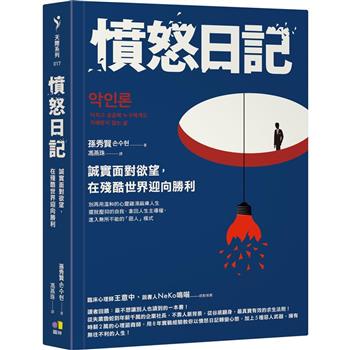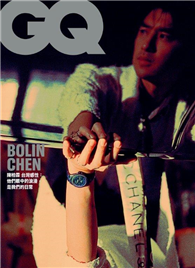In The Other Presidency, Patrick Spero resurrects an overlooked but essential part of Thomas Jefferson’s life. For nearly seventeen years, Jefferson served as President of the American Philosophical Society (APS), the nation’s first learned society and one dedicated to promoting new research in the young republic, especially in the sciences. He did so while also serving as Vice President and President of the United States. As Spero shows in this short but important work, Jefferson used his various positions to solidify the Society’s foundation and, in turn, shape the course of American science.
Through a deep dive into APS Archives and Jefferson’s papers, Spero demonstrates how the Society became a thoroughly Jeffersonian institution--that is, the APS, the largest and most powerful scientific body in the nation, advanced an agenda that comported with Jefferson’s own priorities. While Jefferson juggled affairs of state, he also remained deeply involved in the Society. In fact, the two complemented each other. He helped draft the institution’s first collection development policy, making clear the items and material he thought most important for the nation’s posterity. He also used his international network to introduce European intellectuals to the Society, and he called on these same networks to help build the Society’s collection. Jefferson himself received direct support from the Society to conduct his own research, including funding for an expedition with James Madison, and as President of the United States, he would often call on the APS and its members for advice. In short, Spero shows that Jefferson was integral to the development of the APS--and, perhaps more unexpectedly, the APS and the scientific community it fostered were integral to Jefferson and his vision for the young United States. A resource for students, history buffs, and Jefferson aficionados, the book includes a chronology of Thomas Jefferson’s contributions to the APS, with references to major events in Jefferson’s life.| FindBook |
有 1 項符合
The Other Presidency: Thomas Jefferson and the American Philosophical Society的圖書 |
 |
The Other Presidency: Thomas Jefferson and the American Philosophical Society 作者:Spero 出版社:American Philosophical Society Press 出版日期:2024-06-25 語言:英文 規格:平裝 / 100頁 / 普通級/ 初版 |
| 圖書館借閱 |
| 國家圖書館 | 全國圖書書目資訊網 | 國立公共資訊圖書館 | 電子書服務平台 | MetaCat 跨館整合查詢 |
| 臺北市立圖書館 | 新北市立圖書館 | 基隆市公共圖書館 | 桃園市立圖書館 | 新竹縣公共圖書館 |
| 苗栗縣立圖書館 | 臺中市立圖書館 | 彰化縣公共圖書館 | 南投縣文化局 | 雲林縣公共圖書館 |
| 嘉義縣圖書館 | 臺南市立圖書館 | 高雄市立圖書館 | 屏東縣公共圖書館 | 宜蘭縣公共圖書館 |
| 花蓮縣文化局 | 臺東縣文化處 |
|
|
圖書介紹 - 資料來源:博客來 評分:
圖書名稱:The Other Presidency: Thomas Jefferson and the American Philosophical Society
內容簡介
作者簡介
Patrick Spero is the Executive Director of the George Washington Presidential Library at Mount Vernon. Prior to that, he was the Librarian and Director of the American Philosophical Society Library in Philadelphia from 2015 to 2023. As a scholar of early American history, he specializes in the era of the American Revolution, and has published over a dozen essays and reviews on the topic. He is the author of Frontier Rebels: The Fight for Independence in the American West, 1765-1776 (Norton, 2018), and of Frontier Country: The Politics of War in Early Pennsylvania, and The American Revolution Reborn: New Perspectives for the Twenty-First Century, both of which are available from the University of Pennsylvania Press.
|











